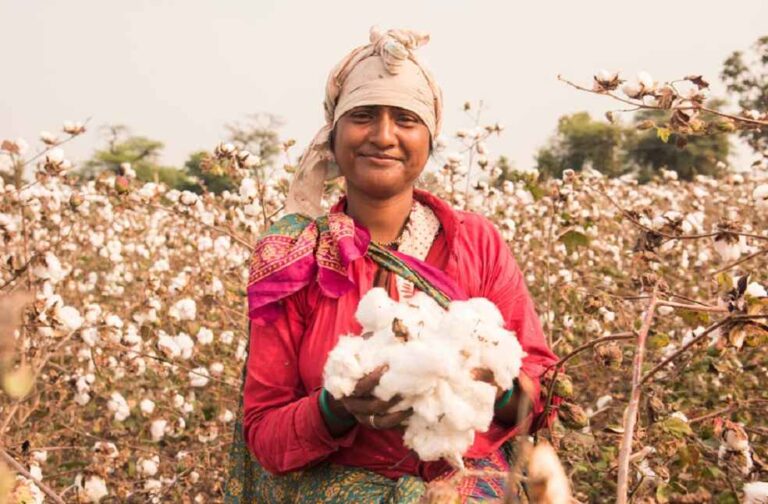Bangladesh’s cotton imports for the marketing year (MY) 2024-25 are projected to reach 80 lakh bales, marking a 6.7 percent increase from the prior year, as per the US Department of Agriculture (USDA). This uptick is fueled by robust global demand for garments, positioning Bangladesh as a pivotal player in the international textile arena.
Detailed within the USDA’s comprehensive analysis on cotton dynamics, this import boost aligns with enhanced utilization at local spinning mills due to a downturn in yarn and fabric imports. The shift towards greater raw cotton use reflects an evolving strategy in the nation’s textile sector aimed at bolstering self-sufficiency and economic resilience.

Reflecting confidence in the sector’s trajectory, the USDA’s Foreign Agricultural Service anticipates garment export growth between 7 to 10 percent in 2024, a recovery from previous economic downturns. Initial months of 2024 witnessed a formidable 13.2 percent year-on-year surge in readymade garment (RMG) exports, totaling $9.47 billion. This positive trend is projected to persist, catalyzing subsequent increases in raw cotton imports.
Compounding this scenario are the nation’s contracting foreign exchange reserves, prompting a strategic pivot toward raw cotton and away from costlier fabric imports. Numerous garment factories in Bangladesh operate integrated spinning mills, streamlining their supply chains by directly importing raw cotton. This integration empowers these enterprises with the financial leverage necessary to initiate letters of credit (LCs) in US dollars, enhancing their import operations.

Contrastingly, firms dependent on yarn and fabric imports confront significant foreign exchange hurdles, often struggling to secure the necessary LCs, thus restricting their operational capacity.
Forecasts by industry analysts suggest a resurgence in global RMG demand starting April 2024, expected to further stimulate cotton consumption within Bangladesh. This impending demand swell underscores Bangladesh’s strategic importance in the global textile market and highlights the critical role of expanding cotton import capabilities to satisfy burgeoning international needs.
AEROSPACE AND DEFENCE | South Korea Allocates $5B Insurance to Skyrocket Global Defense Exports



